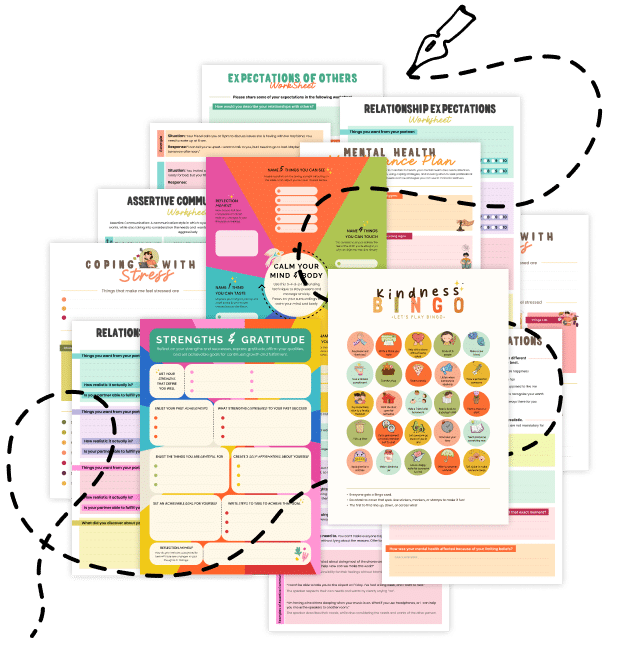20 Things About The Flynn Effect Reversal
Enhance your mental performance with these 20 insights on the Flynn Effect Reversal—what it is, why it matters, and how it might shape our cognitive future. This trend has sparked debate among researchers and educators as we examine changes in measured intelligence over recent decades.
1. What Is the Flynn Effect Reversal?
The Flynn Effect Reversal refers to recent observations that IQ scores, which had been steadily rising throughout the 20th century, are now showing signs of decline in some populations.
2. A Brief History of the Flynn Effect
For decades, studies noted that average IQ scores increased, a trend credited to improvements in education, nutrition, and environmental complexity.
3. Noticing the Change
Recent research suggests that this upward trend has stalled—and in some cases, reversed—prompting discussions about evolving cognitive demands and measurement methods.
4. Measuring Cognitive Shifts
IQ tests have long been used to gauge cognitive abilities, yet changes in testing practices and environmental factors may influence these shifting scores.
5. Environmental Influences
Changes in lifestyle, education, and even urban design are thought to impact cognitive performance, potentially contributing to the reversal trend.
6. Role of Technology and Digital Media
While digital advancements offer vast information, increased screen time and reduced deep-focus activities might affect critical thinking and problem-solving skills.
7. Shifts in Educational Approaches
Modern classrooms are evolving—sometimes emphasizing standardized testing over creative problem-solving—which could play a role in these cognitive trends.
8. Socioeconomic Factors
Economic pressures, inequality, and stress levels can impact brain development and performance, possibly influencing the overall IQ measurements.
9. Health and Nutrition
Advances in healthcare have improved overall well-being, but recent dietary and lifestyle shifts may be altering cognitive development in unexpected ways.
10. Urbanization and Lifestyle Changes
Rapid urban growth brings benefits and challenges; busy, less nature-connected lifestyles might inadvertently affect mental processing.
11. The Debate: Genetic vs. Environmental
Scholars continue to explore whether these changes stem more from genetic shifts or from the complex interplay of environmental factors.
12. Global Perspectives
Not every country experiences the Flynn Effect Reversal equally; cultural, educational, and economic differences play a significant role.
13. Implications for Workforce and Innovation
A shift in cognitive trends may influence skills needed in the modern workforce, impacting innovation and problem-solving on a global scale.
14. The Role of Policy and Public Health
Understanding these trends can help policymakers design educational and public health strategies to foster improved cognitive development.
15. The Science Behind Cognitive Testing
Advances in neuroscience and psychology are refining our understanding of IQ tests, revealing both their strengths and limitations in measuring true cognitive ability.
16. Criticisms and Alternative Explanations
Some experts argue that changes in testing methods or societal priorities may account for the observed declines rather than a genuine loss in cognitive potential.
17. Impact on Creative and Analytical Skills
A reversal in IQ trends may not uniformly affect all cognitive domains—creative, analytical, and practical skills might each be impacted differently.
18. Opportunities for Cognitive Training
In response to these trends, researchers are exploring brain-training exercises, lifestyle adjustments, and educational reforms to boost mental performance.
19. Looking to the Future
While the Flynn Effect Reversal raises questions, it also offers a chance to rethink how we nurture cognitive growth in an ever-changing world.
20. Related Topics to Explore
- Cognitive Load Theory – Understand how managing mental workload can affect learning and performance.
- Metacognitive Monitoring – Learn ways to become aware of and control your own cognitive processes.
- Active Recall vs. Passive Review – Discover effective study techniques to enhance memory and learning.
- Sleep-Dependent Learning – Explore the crucial role of quality sleep in solidifying new knowledge.
- Neurotransmitter Balance – Delve into how brain chemistry impacts cognitive functions.
Quick Tips to Boost Cognitive Health Amid Flynn Effect Reversal
- Engage in Lifelong Learning: Continuously challenge your brain with new skills, languages, or hobbies.
- Exercise Your Mind: Incorporate puzzles, strategic games, or creative tasks into your routine.
- Prioritize a Balanced Lifestyle: Combine regular physical activity, healthy nutrition, and sufficient sleep to support overall brain health.
- Practice Mindfulness: Stress management through mindfulness or meditation can help maintain mental clarity.
- Stay Informed: Keep up with the latest research on cognitive health and apply practical strategies to your daily life.
Embrace these insights and tips to not only understand the Flynn Effect Reversal but also to empower your cognitive journey in today’s dynamic world.


